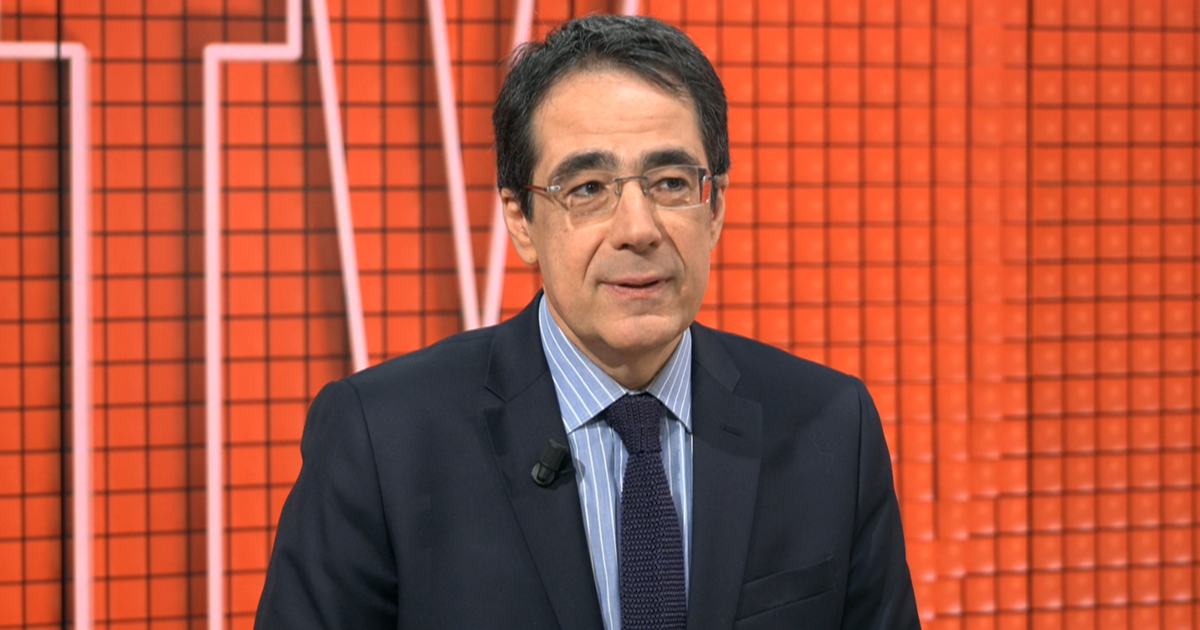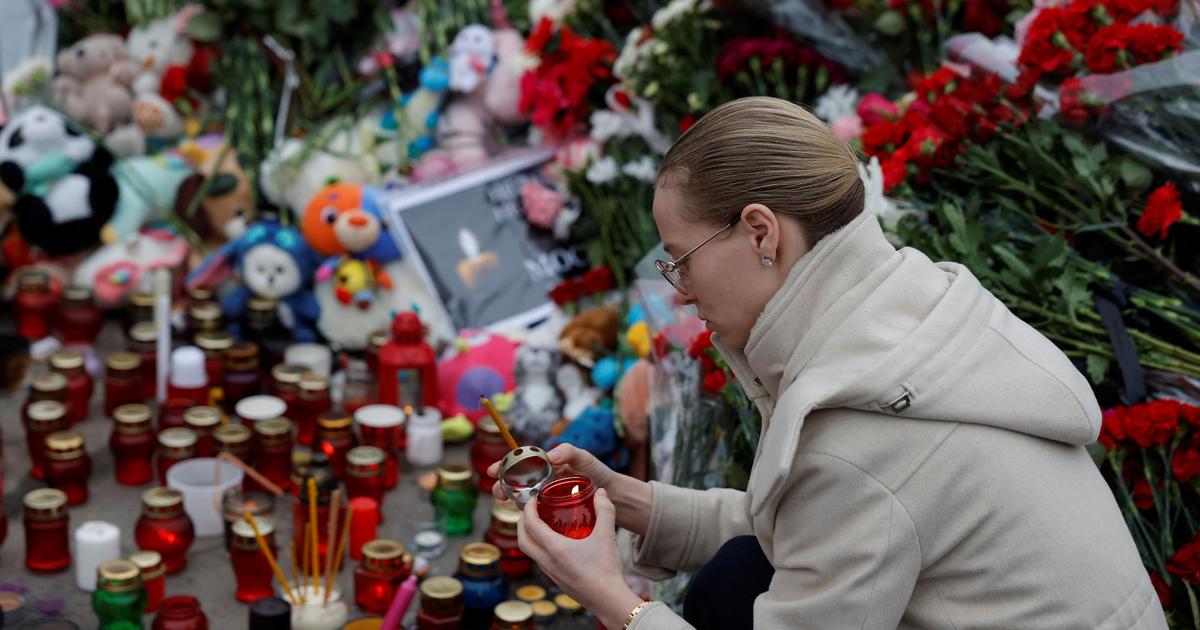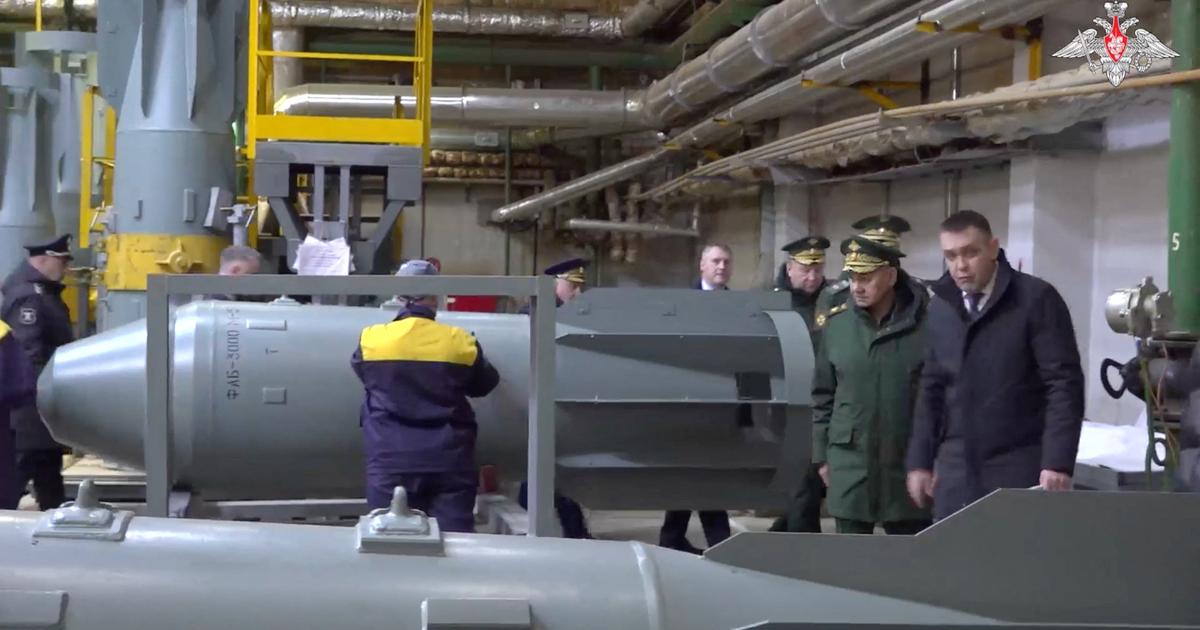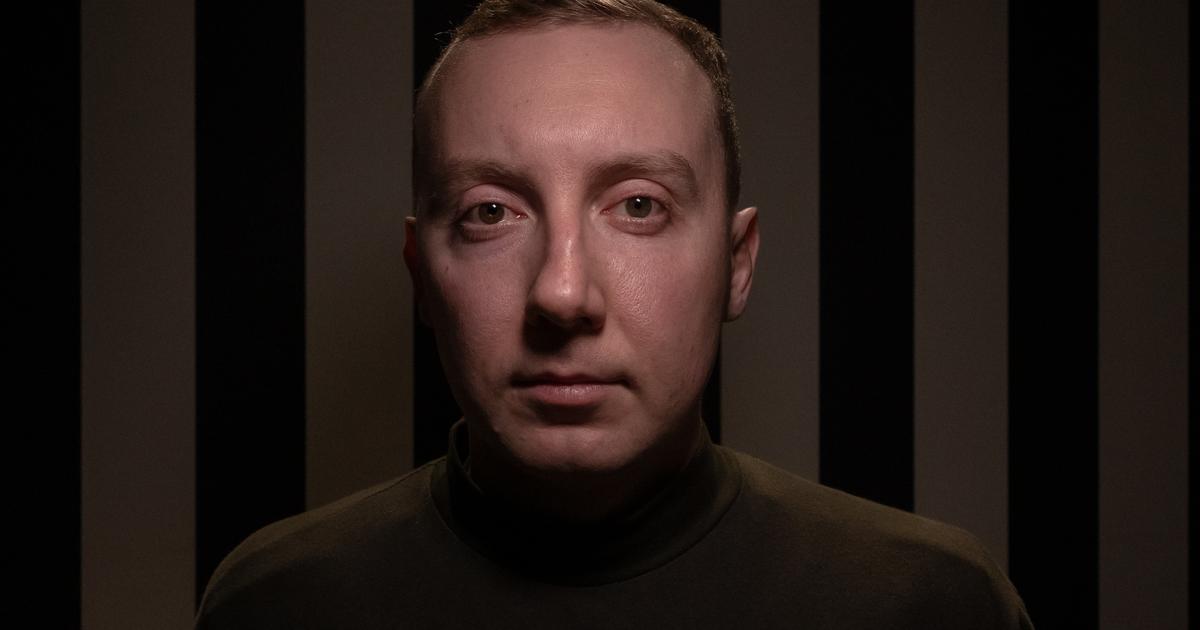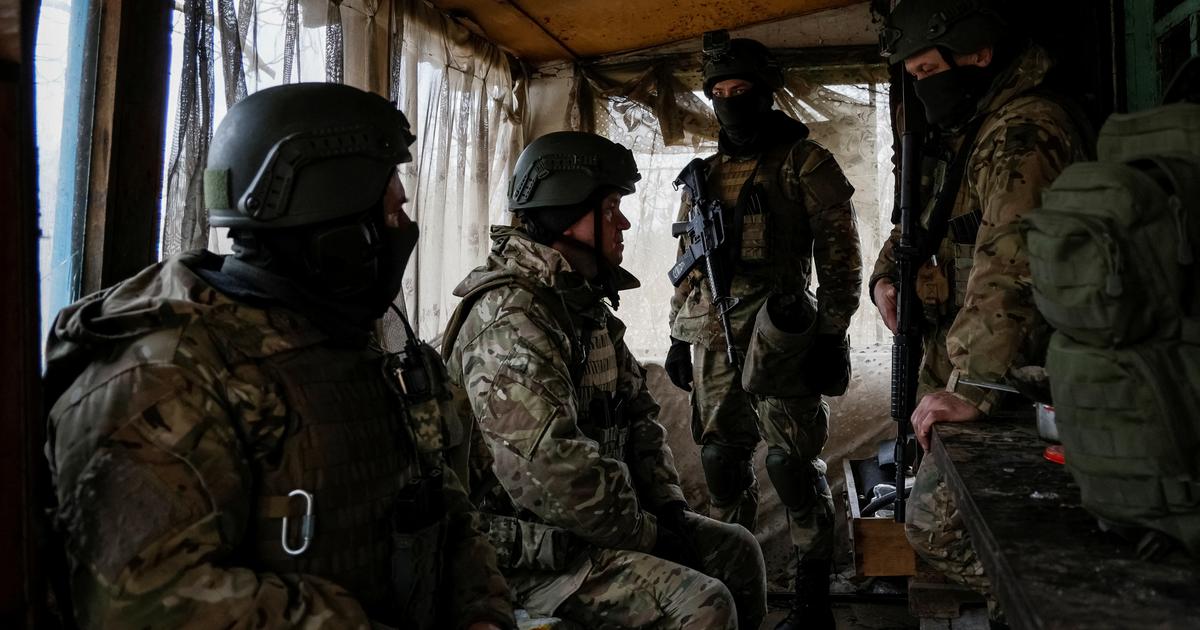According to the Ukrainian authorities, in the coming weeks 60 statues will be torn down, 460 street names will be changed and even the Leo Tolstoy metro station in kyiv will change its name.
Since the beginning of the Russian invasion at the end of February, Ukraine has tried to erase the common Soviet past, but what is impossible to erase are the thousands of ordinary Russians who continue to live in the country, hidden from the eyes of their neighbors or trying to hide an identity that betrays them as citizens of the country of Vladimir Putin.
While Ukraine turns the page in forced marches to the ties that kept it united with Russia until 1991, the Russians who live in Ukraine remain invisible and move in the shadows until the storm of anger worsens: some hide their accents, others have stopped see friends, others have stopped going out and others avoid any procedure that requires showing an official document.
More information
Last minute of the war, live
It is not easy to find someone who agrees to tell about the experience of living in a country that from one day to the next looks at them with mistrust or considers them fifth columnists of the invading army.
Even less, publish a photo that reveals its Russian origin, although many of them curse every bomb that falls on Ukrainian soil.
Yulia was born in St. Petersburg 31 years ago, when it was still called Leningrad, and started living in kyiv with her boyfriend three years ago.
In the last days of February, when the bombing began, Yulia, like thousands of people, had to take refuge in the capital's basements when Russian missiles began to fall "five minutes" from her house.
Since then her life has only gotten worse.
“It is a situation that I do not quite understand.
She was not aware of how much hatred she had accumulated and how much heartbreak one can feel towards the neighbor, according to what I see on Russian and Ukrainian television, ”she explains.
"Even among my friends we always saw the invasion of Crimea or the wars in Donetsk and Luhansk as matters between politicians that were beyond our personal relationships, but this is no longer the case,"
“I understand the reaction of both parties: on the one hand, the fear and hatred that is perceived in Ukraine because we are against this invasion.
And also the existing paralysis in Russia and the panic to protest and express themselves publicly in the street or on social networks due to the fear among the population of the Putin government, ”he explains.
Yulia, who was the manager of a financial company until a year ago, feels in the middle of a conflict from which she receives all the consequences “I experienced the pain and fear of the Ukrainians when I had to leave my house and flee to the underground shelters.
Also, I can't access my money either.
My Russian cards are blocked because of the sanctions and my Ukrainian cards are also blocked because I was born in Russia,” she says.
“Most of my family has stopped talking to me, including my brothers.
I only keep in touch with my parents, but I have decided to stay in Ukraine, because right now it would be morally unacceptable to return to Russia and not feel like shit, ”he explains via Zoom.
Ban on pro-Russian parties
The atmosphere of rejection of anything that smacks of Russia seeps into the greengrocers and the institutions alike.
Last week, the Ukrainian president, Volodymyr Zelensky, banned any political party with a pro-Russian ideology with a law that punishes formations of "anti-Ukrainian character" that try to "undermine the sovereignty or territorial integrity of the country".
According to the law approved massively in Congress, parties that describe the invasion as "an internal conflict, a civil conflict or a civil war" or deny "the temporary occupation of a part of the territory" are prohibited.
The properties and assets of five parties and associations prohibited under this new law passed into the hands of the government.
Precisely since the entry into force of the martial law that has been in force since the end of February, different political parties have been suspended and several television networks have been closed, in the face of what some opponents consider an authoritarian turn by Zelensky.
Several activists have denounced in recent months the Ukrainian security service for carrying out arrests of an ideological nature under martial law.
But if there is a difficult place to be Russian in Ukraine, it is the city of Odessa, the third most important city in the country and a geographical and cultural symbol of the mythical Russia that Putin periodically evokes.
In this coastal city on the Black Sea, the division between Ukraine and Russia is greater than in other regions of the West of the country.
Street clashes in previous years between Ukrainian and Russian nationalists ended with dozens of deaths.
Currently, the fighting between the two armies is being fought 130 kilometers from the urban area.
Ludmila lives there, born 35 years ago in Moscow, but who admits that since the beginning of the war her life has worsened significantly since she had to close her women's fashion business.
"Suddenly, my credit cards stopped working due to the sanctions and I can't access any kind of state aid either because I'm not Ukrainian," she explains to EL PAÍS by telephone.
“I had just had a baby and was left without liquidity or means of support and, like everyone else, I also feared for life,” she says.
Ludmila, married to a Ukrainian, could not register her son at the corresponding office because the notary refused to do so because of his Russian origin.
“Since then, I try to avoid any place where documents need to be shown so as not to cause any incidents,” she explains.
"I perfectly understand the anger of many Ukrainians towards all Russians, but I hope that time will show that those of us who stayed to live in Ukraine have nothing to do with those who are waging this war."
“My contacts with Russian friends have been significantly reduced due to their political opinion.
I did not argue with anyone, the people themselves stopped asking how are you?
and he distanced himself from me by supporting this war.
Most didn't even call me or write a single word during this time,” she recalls bitterly.
"Even with many relatives this has been repeated and with my parents I have agreed not to talk about what is happening so as not to fight."
The estrangement from his family is something that many of those who stayed to live in Ukraine repeat.
The hardest thing for Ludmila is to admit that she will not be able to return to Russia and that her parents will have to meet her granddaughter in a third country because of the war.
She, like many others, feels like an ambassador of a reality that is difficult to explain “Many Russians live under the pressure of immense propaganda.
There is a large-scale media war, so it is difficult for Ukrainians to understand that not all Russians are actually pro-Putin or support the war."
Follow all the international information on
and
, or in
our weekly newsletter
.
Exclusive content for subscribers
read without limits
subscribe
I'm already a subscriber

/cloudfront-eu-central-1.images.arcpublishing.com/prisa/ETGUD6DL2FBRHCQP36AR7YCMME.jpg)


